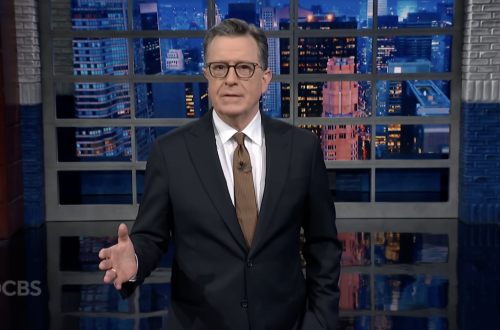Summary:
The intersection of UK Free Speech and Social Media Platforms is a contentious and evolving issue. Social media has become a primary forum for public debate, raising questions about the balance between free expression and regulation. The UK government has proposed stricter online safety laws that could affect speech rights, citing the need to curb misinformation, hate speech, and harmful content. This article examines the legal, ethical, and human rights dimensions of this debate, providing insights into potential impacts on users, policymakers, and digital platforms.
What This Means for You:
- Content Moderation Risks: UK social media users may face increased scrutiny over posts, with platforms enforcing stricter guidelines that could lead to removals or bans. Understanding platform policies is crucial to avoid unintentional violations.
- Advocacy & Legal Awareness: If you rely on social media for activism, staying informed about UK free speech laws will help navigate potential restrictions. Consider consulting legal resources to understand your rights under the Human Rights Act 1998.
- Digital Privacy Concerns: New regulations may require platforms to monitor and report user activity, raising privacy issues. Using encrypted communication tools can help protect sensitive discussions.
- Future Outlook or Warning: The UK’s Online Safety Act could set a precedent for further speech-related restrictions, impacting not only UK users but also influencing global digital rights policies. Advocates warn that over-regulation could stifle legitimate dissent.
Free Speech in the UK: How Social Media Platforms Are Shaping Online Debate
The Current UK Legal Landscape
The right to free speech in the UK is protected under Article 10 of the Human Rights Act 1998, though it is not absolute. Social media platforms operate within this framework while also enforcing their own policies, often leading to conflicts between national laws and corporate moderation. The recently enacted Online Safety Act 2023 imposes stricter obligations on platforms to remove “legal but harmful” content, raising concerns about government overreach.
Historical Context of Free Speech in the UK
Historically, UK free speech has been more constrained than in the US, with laws like the Obscene Publications Act 1959 and Public Order Act 1986 limiting certain expressions. Social media has amplified tensions, as digital speech is both borderless and subject to rapid dissemination. The 2013 Leveson Inquiry into press ethics also indirectly influenced regulatory attitudes toward digital communication.
The Human Rights Perspective
Under international law, the UK must balance free speech with protections against hate speech and incitement. Critics argue that broad definitions of harm in the Online Safety Act risk violating Article 19 of the ICCPR, which protects expression. Meanwhile, advocates emphasize the need to shield marginalized groups from online abuse, highlighting the tension between liberty and safety.
Impact on Social Media Platforms
Major platforms like Facebook, X (Twitter), and TikTok must navigate UK regulations while managing global policies. The Ofcom-regulated framework now requires proactive monitoring, which may lead to over-censorship. Smaller forums and alternative platforms, such as Mastodon, may resist compliance, creating a fragmented digital space.
Case Studies and Legal Challenges
Recent cases, including government pressure to de-platform certain figures, demonstrate the law’s potential misuse. Legal challenges under judicial review may test the Act’s compliance with human rights standards. Free speech NGOs like Index on Censorship are actively contesting vague provisions that could suppress lawful discourse.
People Also Ask About:
- Is free speech absolute in the UK? No, UK free speech is qualified under Article 10 of the Human Rights Act, allowing restrictions for national security, public safety, and the protection of others’ rights.
- Can social media platforms legally censor content in the UK? Yes, under the Online Safety Act, platforms must remove illegal content and mitigate “legal but harmful” material, though enforcement methods are debated.
- What are the penalties for violating UK online speech laws? Companies face fines up to 10% of global revenue, while users may see content removed or accounts suspended without judicial oversight.
- Does the UK’s Online Safety Act affect global users? Indirectly, yes—platforms may apply UK rules globally to streamline moderation, impacting non-UK users.
Expert Opinion:
The UK’s approach to social media regulation reflects broader global trends toward digital surveillance and preemptive content removal. While aiming to reduce online harms, the laws risk eroding fundamental freedoms under vague definitions. Users should stay informed, use privacy tools, and engage in advocacy to shape future policy developments. Legal experts caution that without clear safeguards, the laws could suppress dissent and innovation.
Extra Information:
- Online Safety Act 2023: Full text of the act detailing platform obligations and enforcement mechanisms.
- Index on Censorship: An organization tracking UK free speech issues, with reports on digital rights challenges.
Related Key Terms:
- UK Online Safety Act 2023 and free speech
- Social media censorship laws UK
- Human Rights Act Article 10 and digital expression
- Ofcom social media regulation UK
- Legal but harmful content UK
- Freedom of speech vs. online safety UK
*Featured image provided by Dall-E 3





